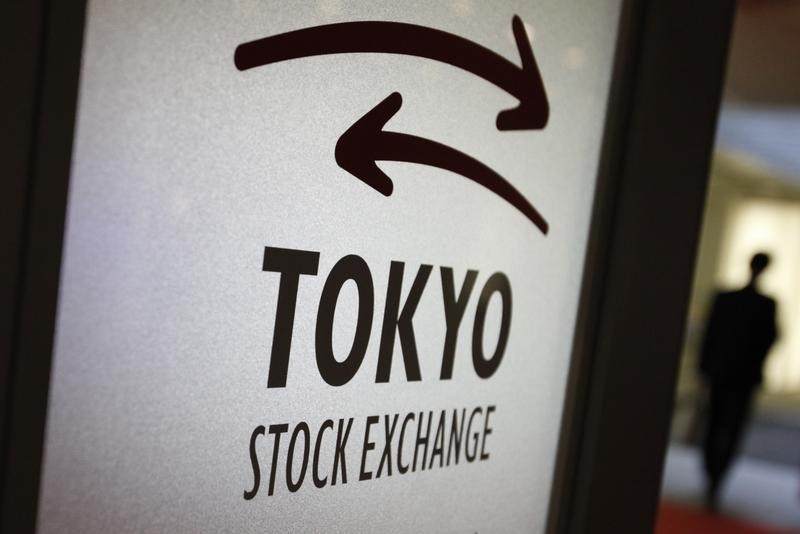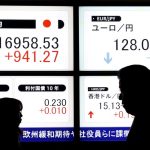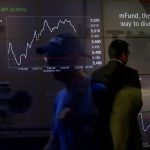Investing.com– Japanese stocks have lagged their global peers in recent months amid increased political uncertainty in the country and a cloudy outlook for the Bank of Japan, although this makes them attractively valued, according to Citi analysts.
Citi said Japanese markets were primed for a rally through the turn of the year despite increased political uncertainty, with solid earnings, a weak yen and relative resilience in the Japanese economy to drive this trend.
“With valuations no richer than in line with historical averages, Japanese names look increasingly attractively valued on (price-to-equity ratios) relative to global stocks,” Citi analysts wrote in a note.
They forecast a year-end rally in Japanese markets, while also flagging the potential for strong guidance increases from major companies.
A softer outlook for the U.S. economy and lower global interest rates are also expected to buoy Japanese stocks, Citi said, and that even if narrowing rate differentials were to eventually support the yen, this was unlikely to deter a year-end rally. A softer outlook for earnings in the second half of the year was also unlikely to dampen Japanese markets.
Japan’s Nikkei 225 index surged to a record high of more than 42,000 points in July. But the index has since struggled to reach those levels, especially as the Bank of Japan began raising interest rates.
While the BOJ reiterated its plans to eventually hike rates further during a recent meeting, investors were doubtful over just how much headroom the BOJ has to keep raising rates, given Japan’s uncertain political outlook.
A coalition led by the ruling Liberal Democratic Party lost its parliamentary majority in a recent election. The LDP will now have to seek coalitions with smaller, regional parties, potentially diluting its ability to enact sweeping policy changes.
Japanese stocks had rallied on this prospect, especially as the yen fell sharply in the wake of the elections. They also rose sharply this week after Donald Trump won the 2024 U.S. presidential elections, which sparked a rally in the dollar and battered the yen.



